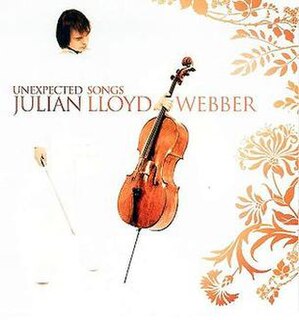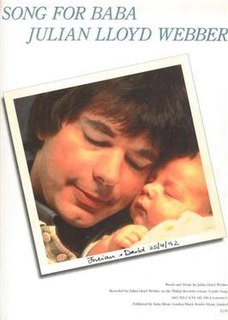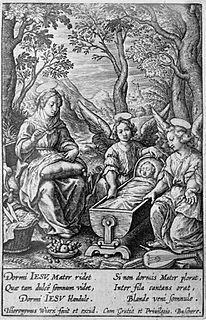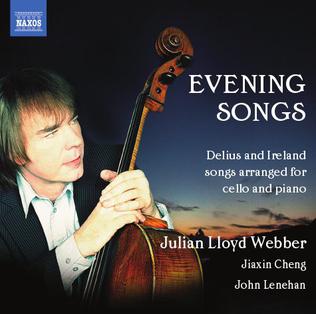This page is based on this
Wikipedia article Text is available under the
CC BY-SA 4.0 license; additional terms may apply.
Images, videos and audio are available under their respective licenses.
Sir Richard Rodney Bennett was an English composer of film, TV and concert music, and also a jazz pianist. He was based in New York City from 1979 until his death there in 2012.
Johannes Brahms's Wiegenlied, frequently referred to in English as Brahms's Lullaby or Cradle Song, is the composer's Op. 49, No. 4, originally written for voice and piano, published in 1868.
A lullaby or lullabye is a soothing song, sung most often to children before sleep.

"Golden Slumbers" is a song by the English rock band the Beatles from their 1969 album Abbey Road. Written by Paul McCartney and credited to Lennon–McCartney), it is the sixth song of the album's climactic B-side medley. The song is followed by "Carry That Weight" and begins the progression that leads to the end of the album. The two songs were recorded together as a single piece, and both contain strings and brass arranged and scored by producer George Martin.

Unexpected Songs is a 2006 album by Julian Lloyd Webber.

Cello Song is an album recorded by the cellist Julian Lloyd Webber in 1993 for Philips.

Elegy is an album recorded by the cellist Julian Lloyd Webber in 1998 for Philips.

Made in England / Gentle Dreams is a two-CD-set album released by the cellist Julian Lloyd Webber in 2003.

The Barjansky Stradivarius of c.1690 is an antique cello fabricated by the Italian Cremonese luthier Antonio Stradivari (1644-1737).
Cradle Song may refer to:

Jiaxin Cheng is a Chinese-born cellist.

"Song for Baba" is a piece of music for cello and piano composed by Julian Lloyd Webber inspired by the birth of his son, David. It is the opening number on Lloyd Webber's 1995 album Cradle Song. It also appears on his 2003 album Made in England, the 2011 album The Art of Julian Lloyd Webber and the 2012 album 101 Cello. Pamela Chowhan plays the piano part.

"The Virgin's Cradle Hymn" is a short lullaby text. It was collected while on a tour of Germany by the English poet Samuel Taylor Coleridge, and published in his Sibylline Leaves of 1817. According to his own note, Coleridge copied the Latin text from a "print of the Blessed Virgin in a Catholic village in Germany", which he later translated into English. The text, actually from a collection of devotional Flemish engravings by Hieronymus Wierix, has inspired a number of modern choral and vocal musical settings.

The Art of Julian Lloyd Webber is a 2011 album by Julian Lloyd Webber.
Franz Schubert's Wiegenlied "Schlafe, schlafe, holder süßer Knabe", D 498, Op. 98, No. 2, is a lullaby composed in November 1816. The song is also known as "Mille cherubini in coro" after an Italian language arrangement for voice and orchestra by Alois Melichar.

Evening Songs is an album collection of arrangements for cello and piano of songs by Frederick Delius and John Ireland containing three world premiere recordings. The album was recorded by the cellist Julian Lloyd Webber in September 2011 for Naxos.

A Tale of Two Cellos is a recording of twenty one duets for two cellos and piano ranging from the sixteenth century, Monteverdi, to the twenty-first century, Arvo Pärt.
The recording features cellists Julian Lloyd Webber and his wife Jiaxin Cheng as well as pianist John Lenehan, harpist Catrin Finch and two former BBC Young Musician of the Year winners Guy Johnston and Laura van der Heijden.
It was released by Naxos Records in September 2013. Printed music is available from Spartan Press.
Evening Song or Songs may refer to:

A Span of Time is a collection of 4 CD albums for cello, orchestra and piano. It includes the last recordings made by cellist Julian Lloyd Webber before he was forced to retire from public performance due to injury in 2014 and his debut recording as conductor.














